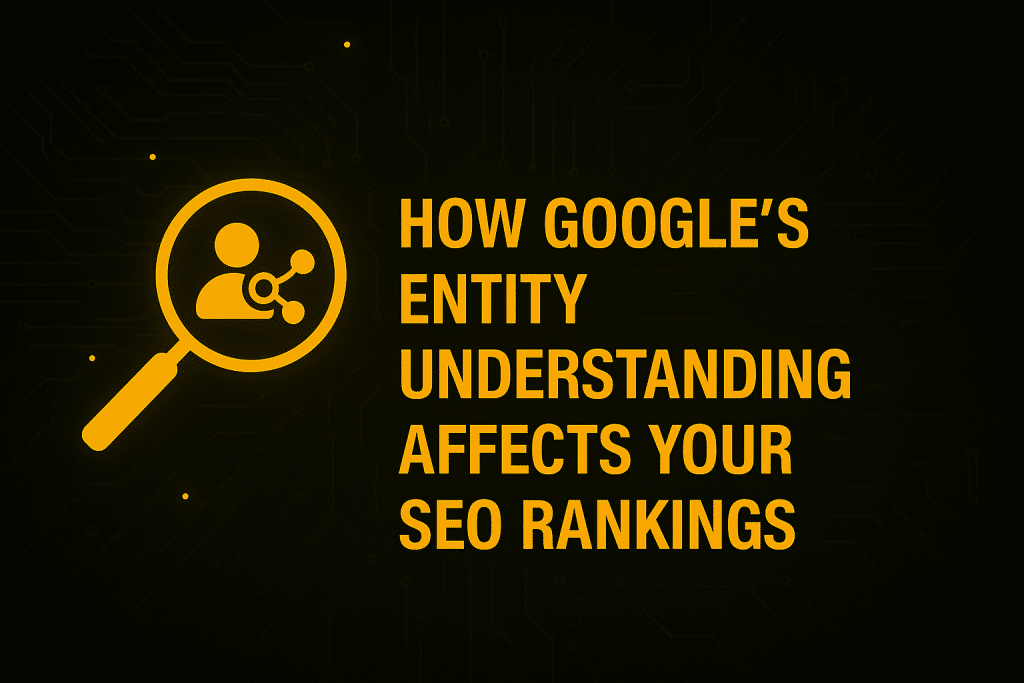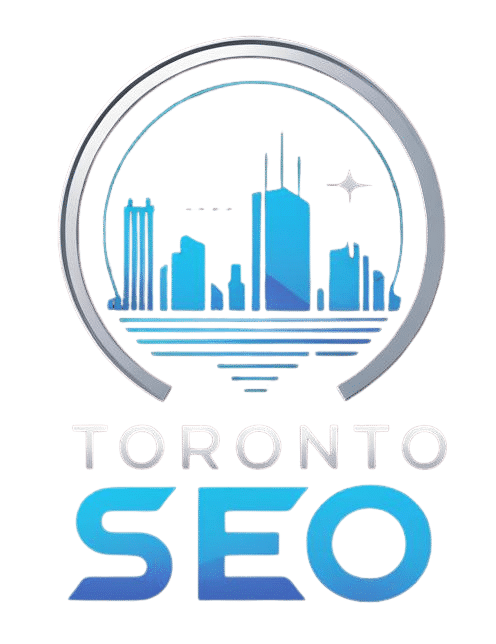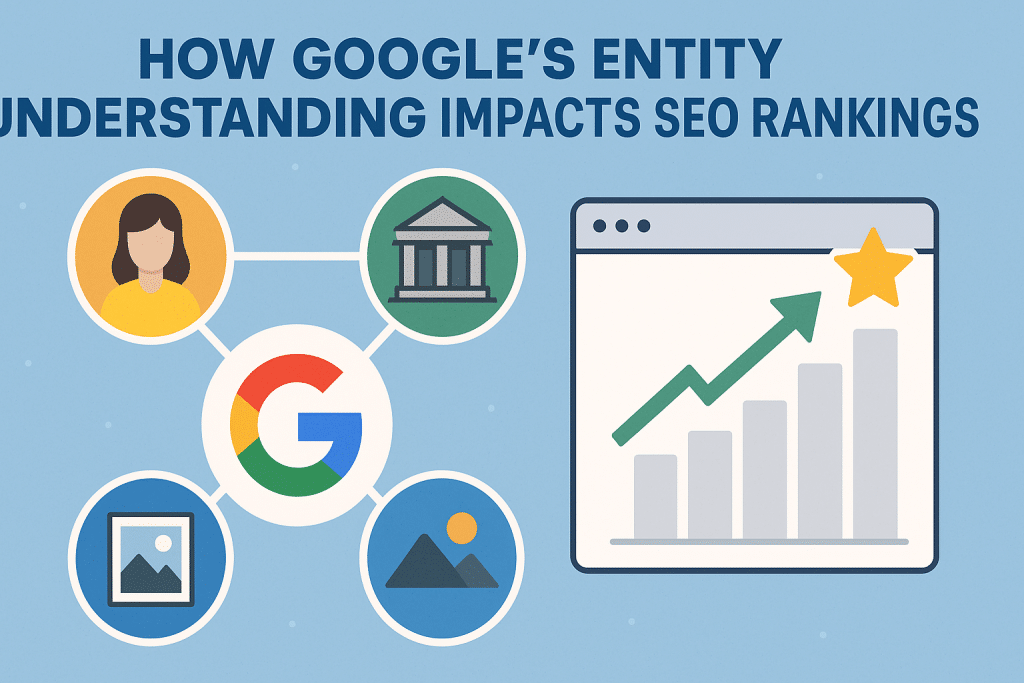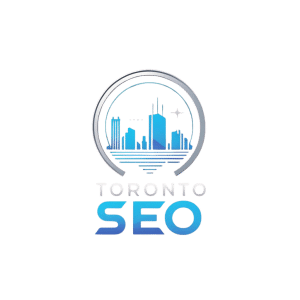
What Is Google’s Entity Understanding?
Google’s entity understanding is the ability of its algorithm to recognize “entities”—people, places, brands, products, ideas—and understand the relationships between them. Instead of relying solely on keywords, Google builds a knowledge graph to identify meaning, intent, and context.
If your website isn’t optimized around entities rather than just keywords, your rankings are at risk.
Example of Entity-Based Understanding
Let’s say you search for “Jaguar.” Google needs to determine:
Is it the animal?
The luxury car brand?
The NFL football team?
Entity understanding helps Google make that distinction using contextual signals.
Why Google’s Entity Understanding Is Reshaping SEO in 2025
In 2025, Google’s algorithm updates are leaning heavily into semantic search. The BERT, MUM, and now Gemini models are increasingly focused on understanding content at a conceptual level. Keywords still matter, but they aren’t the whole story.
Key Shifts You Need to Know:
Content must answer entity-level questions.
Link-building should reinforce topic authority, not just raw backlinks.
Keyword stuffing without contextual relevance is penalized.
Sites with strong semantic connections dominate the SERPs.
According to Google’s own documentation, entities allow the search engine to serve more relevant results using structured data and context rather than keyword proximity.
How Google Connects Entities in Your Content
1. Semantic Relationships Over Keywords
Google no longer ranks just based on repeating a keyword. It analyzes whether the content includes related entities and builds a semantic map. For example, if you’re targeting “Toronto SEO Company,” Google expects to see:
Location entities: Toronto, Ontario, Canada
Service-related entities: digital marketing, keyword strategy, content optimization
Competitor/comparative entities: Google Ads, local SEO
Failing to include these contextually means your content will struggle to rank.
2. Use of Structured Data
Structured data like Schema.org markup helps Google explicitly understand entities in your content. For instance, a review schema for a Toronto SEO agency page signals you’re discussing a local business entity.
Implementing structured data properly is part of how top Toronto SEO agencies are using AI to outrank the competition.
Why Traditional SEO Tactics Are Failing in an Entity-Based World
Many businesses in Toronto are still clinging to outdated tactics like:
Stuffing keywords unnaturally
Building backlinks with no topical relevance
Writing generic blog posts without semantic depth
These strategies don’t work anymore. Just having “Toronto SEO” in your H1 won’t be enough if the rest of the content doesn’t build a meaningful web of entities.
We’ve seen many campaigns underperform for this very reason, as highlighted in our analysis on why Toronto brands are combining Google Ads and SEO for maximum visibility.
How to Optimize Your Website for Google’s Entity Understanding
1. Build Entity-Rich Content
Don’t just focus on keywords—create content that reflects real-world entities and relationships. Include related terms and concepts naturally.
For Example
Instead of:
“We are a Toronto SEO company.”
Try:
“As a digital marketing agency based in Toronto, specializing in SEO, content strategy, and local optimization, we help small businesses dominate local search.”
This sentence triggers multiple relevant entities: digital marketing, local optimization, SEO services, small business, and Toronto.
How We Help You Dominate with Entity-Based SEO in Toronto
As a leading Toronto SEO agency, we go beyond basic optimization.
Here’s What We Do Differently:
Conduct entity audits to find semantic gaps in your site
Use AI-driven content mapping to connect core topics with related entities
Implement structured data and schema to make your entities machine-readable
Build topical authority using internal + external link strategies
Track your entity presence and ranking improvement over time
We helped a local law firm in Toronto triple their organic leads in 90 days by shifting from keyword stuffing to an entity-driven SEO model. See our case study: How We Helped a Toronto Law Firm Dominate Local Search Results
Entity SEO vs Keyword SEO: The Verdict for 2025
| Factor | Keyword-Based SEO | Entity-Based SEO |
|---|---|---|
| Focus | Specific terms | Topics and relationships |
| Ranking Logic | Frequency of keywords | Relevance and semantic match |
| Sustainability | Prone to algorithm changes | Aligned with Google’s future |
| Results in 2025 | Declining | Growing |
Entity SEO isn’t the future—it’s the now.
Don’t Get Left Behind — Let’s Build Your Entity-Driven SEO Strategy
Google’s understanding of entities is already reshaping how rankings work. If your SEO strategy doesn’t account for semantic relationships, you’re losing ground—especially in competitive markets like Toronto.
Want to future-proof your rankings? Let us show you how to make entity SEO work for your business.
FAQs
1. What is Google entity understanding in SEO?
It’s Google’s method of recognizing people, brands, places, and topics in your content to understand its deeper meaning and context.
2. Why does entity SEO matter more in 2025?
Because Google is using AI and semantic search to prioritize content that’s contextually rich over those that just stuff keywords.
3. How do I optimize content for entities?
Focus on topic clusters, related terms, structured data, and use both internal and external links to build topical authority.
4. Will keyword SEO still work in 2025?
Not effectively on its own. Keywords should now be embedded within an entity-first content framework.
5. Can your agency help with entity optimization?
Yes, we specialize in building entity-driven content strategies that align with Google’s latest updates for long-term SEO success.


